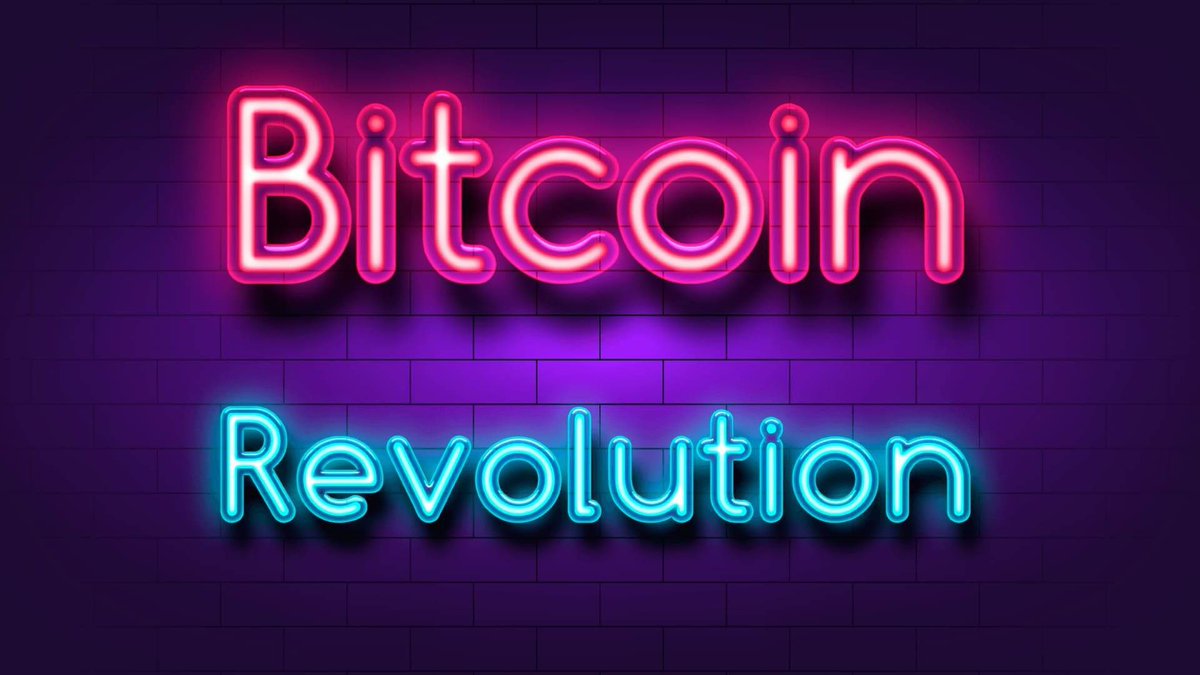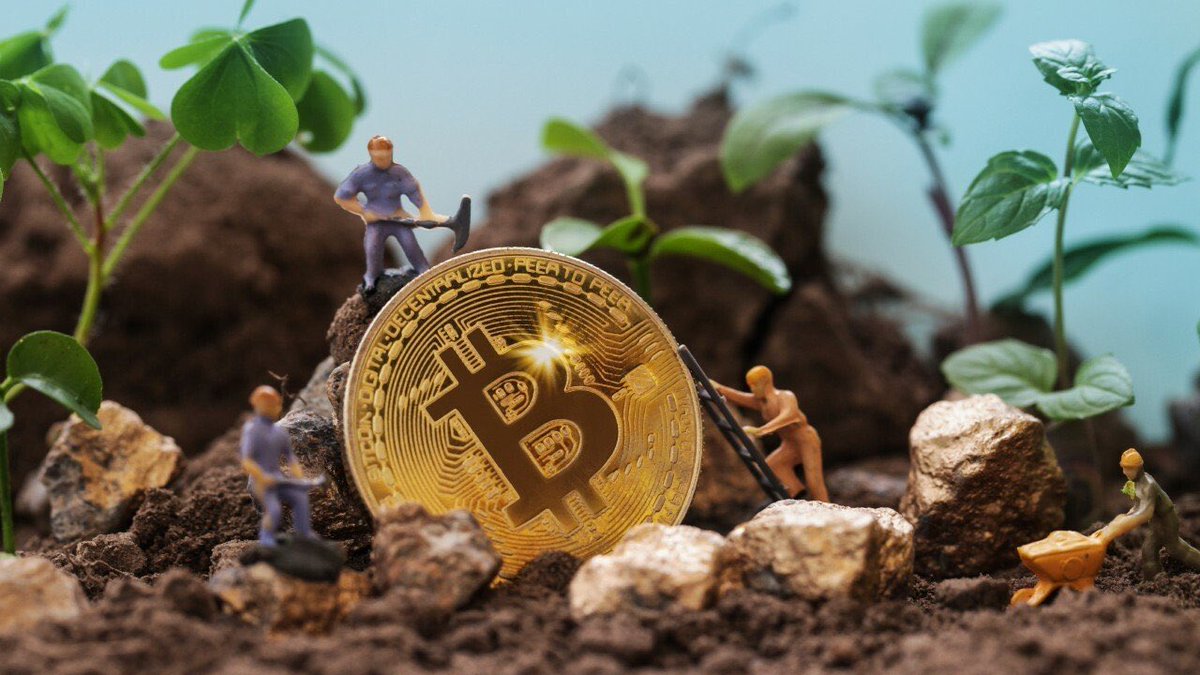You ask how #Bitcoin can help #Lebanon & what countries can do with it. Inspired by @JAN3com, I see more paths: tax incentives, clear regulations, education, infrastructure, partnerships, legal recognition, R&D, crossborder collaboration, and integratin BTC in social programs.
🧵
🧵
https://twitter.com/JAN3com/status/1651024960880615424
Tax incentives: Governments can encourage the use of #Bitcoin by offering tax breaks or incentives for businesses and individuals who utilize it for transactions, investments, or other purposes.
Establishing regulatory frameworks: Governments can create clear and supportive regulations for the use of #Bitcoin, enabling businesses and individuals to more confidently engage with the technology.
Educational initiatives: Governments can invest in educational programs to increase public awareness and understanding of #Bitcoin as money and technology, and their potential benefits.
Public infrastructure investment: Governments can invest in and develop the necessary infrastructure for supporting widespread adoption, such as creating public #Bitcoin wallets, improving internet access, and developing user-friendly tools and services.
Collaboration with #Bitcoin companies: Governments can partner with established bitcoin only companies and startups to attract foreign investment, foster innovation, support local talent, and encourage the growth of the sector.
Legal recognition: Governments can recognize #Bitcoin as a legitimate form of property, paving the way for legal protection and enforceable contracts involving BTC.
Incentivizing research and development: Governments can provide funding and incentives for academic institutions, startups, and established companies to conduct research and develop innovative solutions in the #Bitcoin space.
Interoperability and cross-border collaboration: Governments can collaborate with other nations to develop interoperable #Bitcoin systems, fostering international trade, remittances, and cross-border transactions.
Incorporating #Bitcoin into social programs: Governments can consider incorporating Bitcoin into social programs, such as distributing welfare benefits, subsidies, or other financial assistance via digital wallets.
Encouraging institutional investment: Governments can create a conducive environment for institutional investors to enter the #Bitcoin market, promoting market stability and increasing overall adoption.
Hosting industry events and conferences: Governments can actively participate in or host events and conferences focused on #Bitcoin, fostering innovation, networking, and knowledge-sharing within the industry.
Supporting grassroots initiatives: Governments can provide support to grassroots organizations and community-led initiatives that aim to promote financial inclusion, literacy, and access to #Bitcoin.
Fostering public-private partnerships: Governments can create opportunities for public-private partnerships in the #Bitcoin space, leveraging the strengths of both sectors to promote btc L2&L3 adoption and technological advancements.
Piloting #Bitcoin projects: Governments can pilot Bitcoin projects in various sectors, such as energy, logistics, or public services, to demonstrate the technology's potential benefits and encourage adoption.
This 🧵 showcases #Bitcoin for countries. By adopting a mix of these strategies, we can create a comprehensive framework for adoption, fostering innovation, economic growth, while developing productive economic sectors, for #Lebanon and the world. #forthekids 

@threadreaderapp unroll
• • •
Missing some Tweet in this thread? You can try to
force a refresh

 Read on Twitter
Read on Twitter














